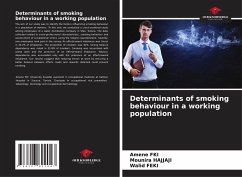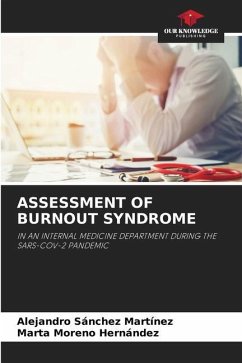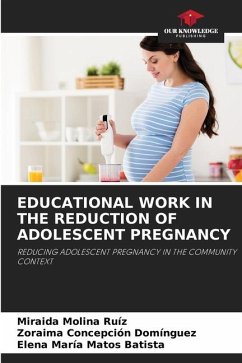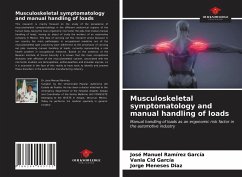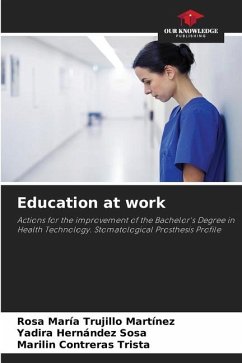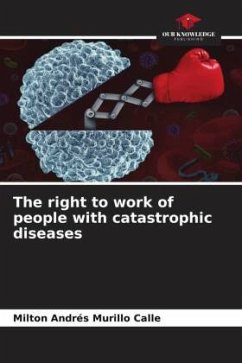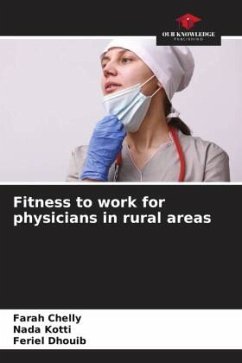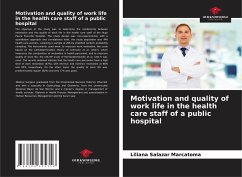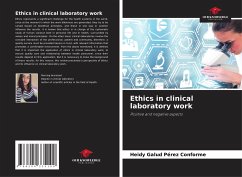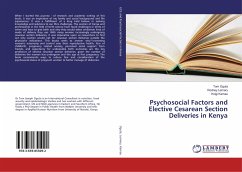
Psychosocial factors at work
The contribution of the effort/reward imbalance model
Versandkostenfrei!
Versandfertig in 6-10 Tagen
29,99 €
inkl. MwSt.

PAYBACK Punkte
15 °P sammeln!
The theme of psychosocial factors at work in the epidemiology of occupational hazards has gained considerable momentum in recent years. The Effort/Reward Imbalance model had enriched occupational stress models by proposing an approach based on the dissonance between high costs and low gains. The aim of our study was to describe psychosocial constraints at work based on Siegrist's Effort/Reward Imbalance model, and to identify the determinants associated with it. Of all the company's employees, 81 were covered by the present study. The average age of the workers was 42.49 +/- 11.34 years. The m...
The theme of psychosocial factors at work in the epidemiology of occupational hazards has gained considerable momentum in recent years. The Effort/Reward Imbalance model had enriched occupational stress models by proposing an approach based on the dissonance between high costs and low gains. The aim of our study was to describe psychosocial constraints at work based on Siegrist's Effort/Reward Imbalance model, and to identify the determinants associated with it. Of all the company's employees, 81 were covered by the present study. The average age of the workers was 42.49 +/- 11.34 years. The majority (87.7%) were male. An imbalance in the effort/reward balance (ratio > 1) affected 30.9% of those surveyed. Male gender, body mass index, level of education, alcoholism, smoking and active work were associated with effort/reward imbalance among workers. At the end of this study, a global prevention approach in companies aimed at reducing psychosocial factors is necessary.





